A recent political backlash against diversity, equity, and inclusion (DEI) programs spearheaded by Florida is spreading to more states as DEI opponents rack up legislative wins.
Recently, Utah signed an anti-DEI bill into law that will soon go into effect on July 1, joining at least 22 states where DEI measures have been put into place either banning or rolling back the practice.
Focus on Identity

Opponents of DEI feel that the idea behind its initiatives puts too much of a focus on a person’s identity, and these critics want a return to meritocracy in America’s higher education institutions and workplaces.
“It doesn’t seem right. It doesn’t seem like it belongs in an application,” said Utah state Representative Katy Hall who sponsored the Utah anti-DEI legislation.
Rising Tide

Last year, Florida was one of the first states to successfully implement anti-DEI laws, something that boosted Governor Ron DeSantis’ national profile.
Soon after, Texas followed suit and it became a successful political issue for conservatives across the country to lean into as new anti-DEI initiatives are being proposed and signed at a rapid rate.
Standing for Discrimination
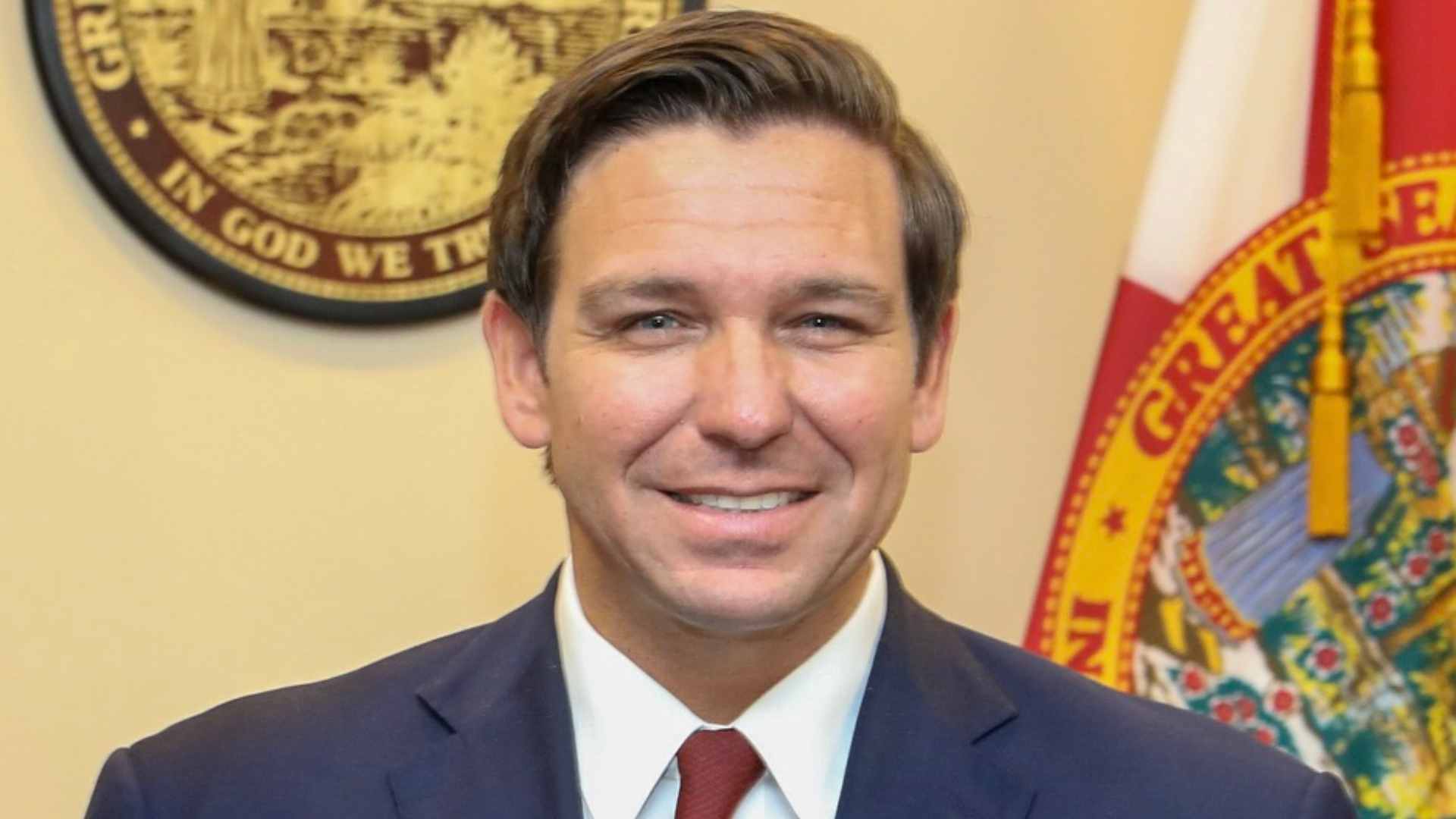
Last April, when Florida Governor Ron DeSantis signed a bill restricting DEI at public universities he expressed an opinion felt by some that DEI does the opposite of what its name implies.
“If you look at the way this has actually been implemented across the country, DEI is better viewed as standing for discrimination, exclusion and indoctrination,” said DeSantis. “And that has no place in our public institutions.”
Echoed Sentiment

Representative Hall when talking about the intent of their own legislation echoed a similar sentiment. DEI opponents see themselves as the true purveyors of equality, picking up where DEI has failed.
“This is what we felt was a more nuanced way to say: ‘We want diversity, we want equality of opportunity, we want inclusion, but we want diversity of opinion and a diversity of thought and diversity of religion and diversity of everything.’ Not just external, personal identity characteristics,” said Hall.
Political Neutrality
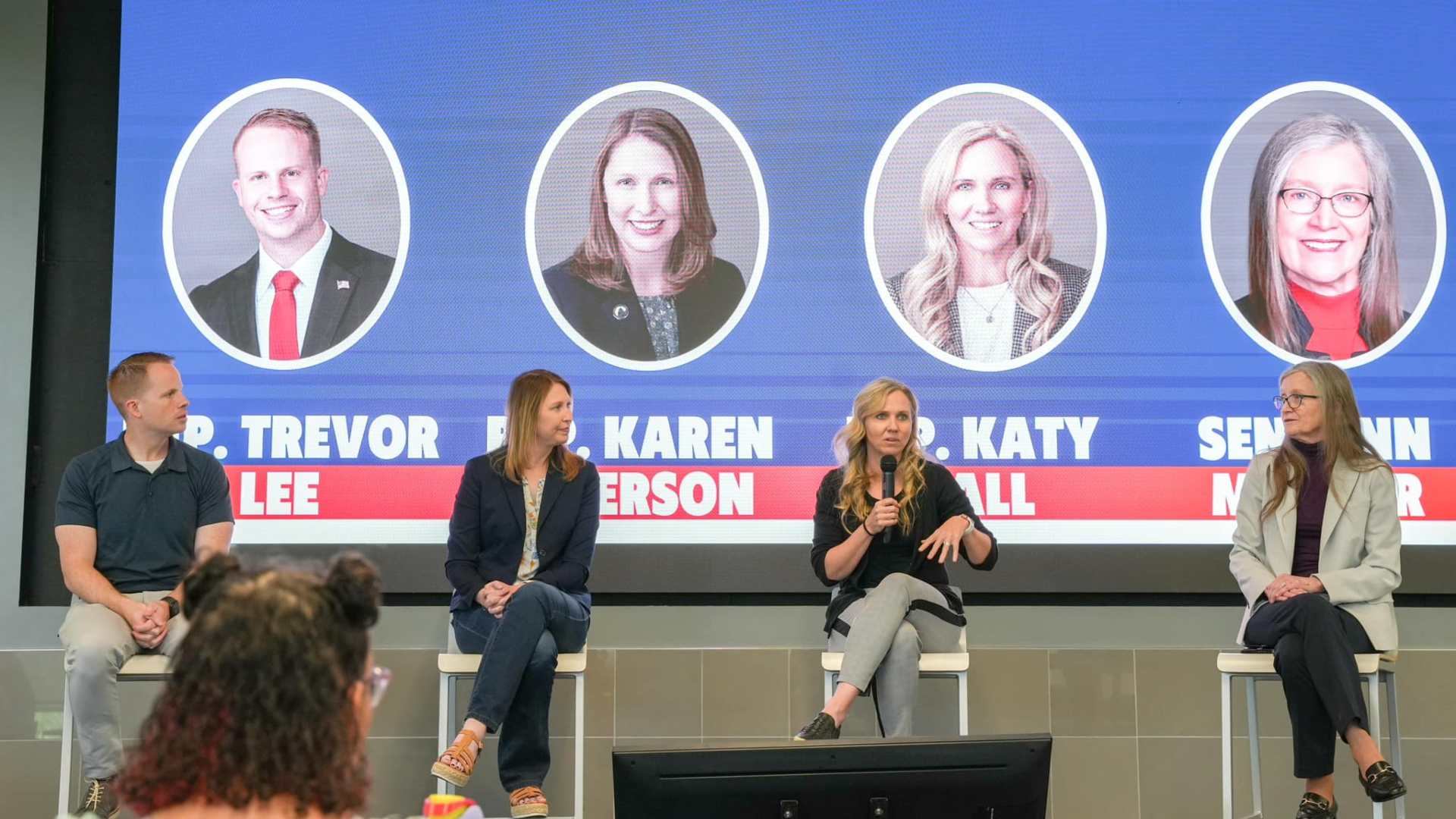
Hall expressed a desire to cool the temperature on political discussions and was hopeful in the future that such discussions could be had without such intense political pressure.
“We used to be able to have discussions about politics without it coming to a judgment of someone’s moral character,” Hall said. “My hope is that there will be a little more political neutrality where you can have discussions and feel safe to have those discussions without it being so divisive.”
Popularity of DEI
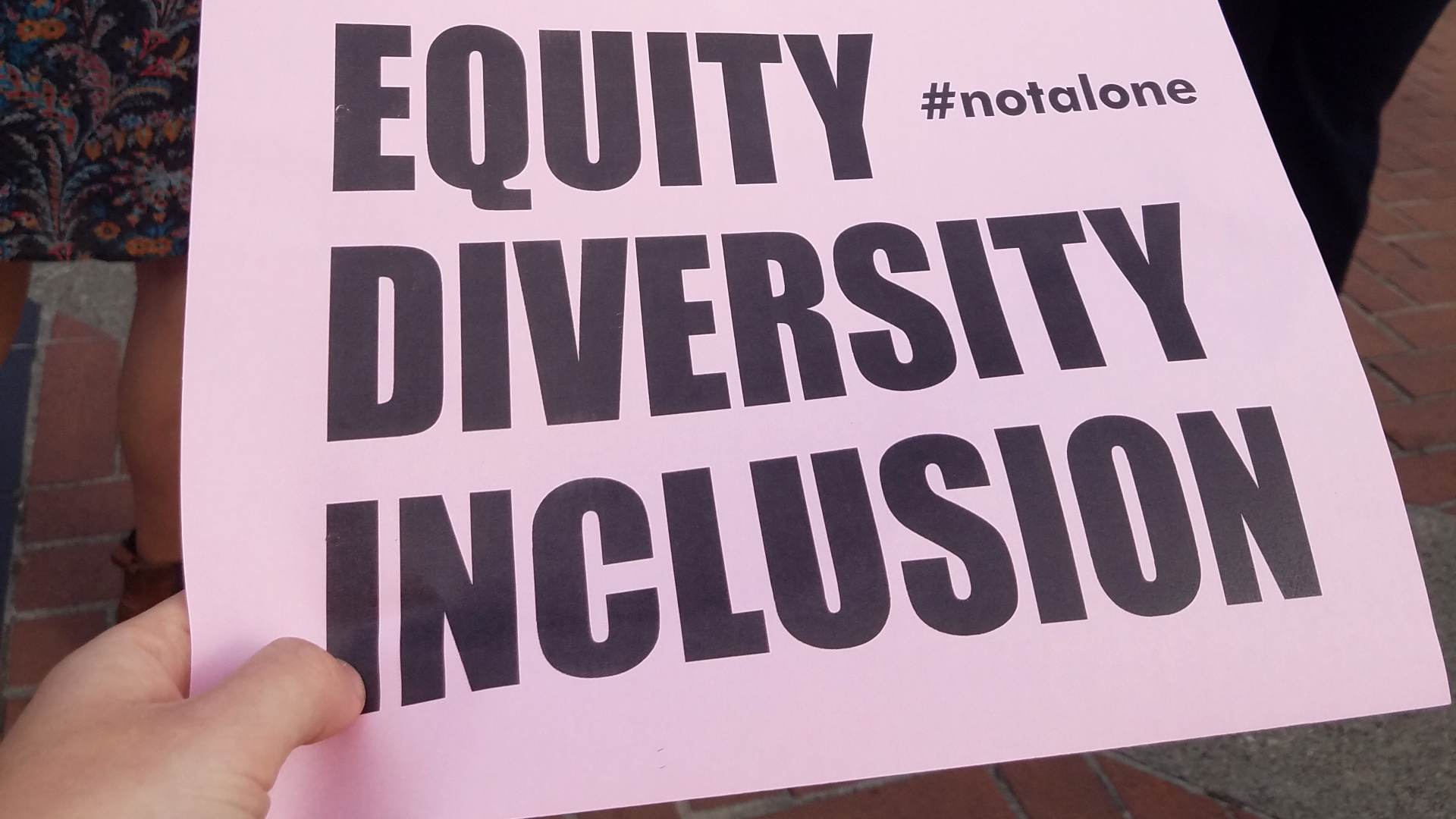
A recent Washington Post/Ipsos poll found that a 61 percent majority of Americans favor DEI programs compared to only 34 percent that thought DEI programs were a “bad thing.”
It’s interesting that despite DEI opponents pushing against numbers that aren’t in their favor, they are managing to find success overturning, reverting, and banning these types of programs.
Why is Anti-DEI Sentiment Spreading?
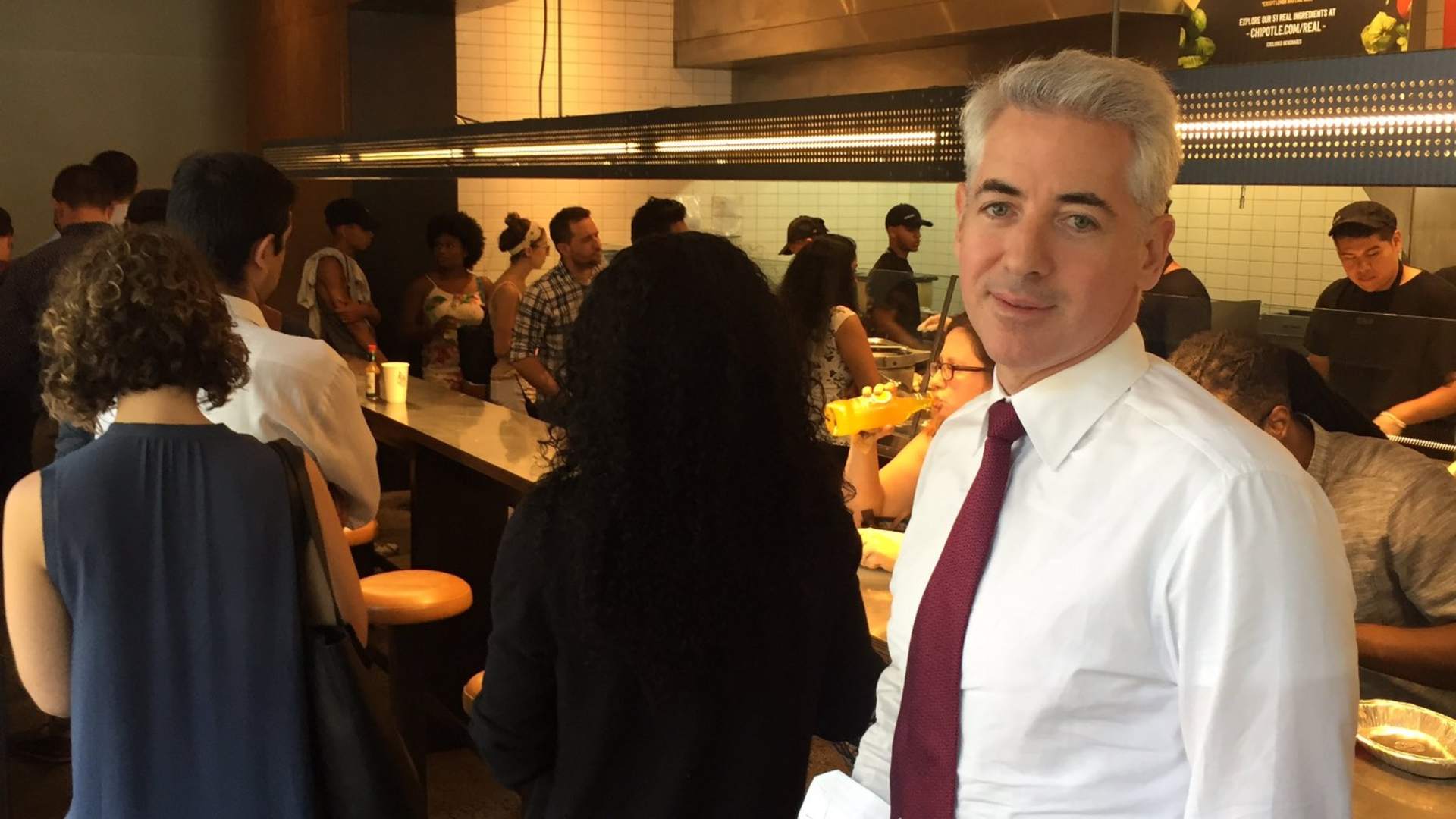
Opponents of DEI, once thought of as a fringe movement, have now become a mainstream talking point in just a few years. Some see the opposition to DEI as an outlet for a pendulum swing resulting from a perception that the movement toward DEI has been doing more harm than good. In January, billionaire hedge fund manager Bill Ackman wrote about his own realization and coming to terms with DEI’s implications.
“I came to learn that the root cause of antisemitism at Harvard was an ideology that had been promulgated on campus, an oppressor/oppressed framework, that provided the intellectual bulwark behind the protests, helping to generate anti-Israel and anti-Jewish hate speech and harassment,” said Ackman in a lengthy X post.
Iowa Law
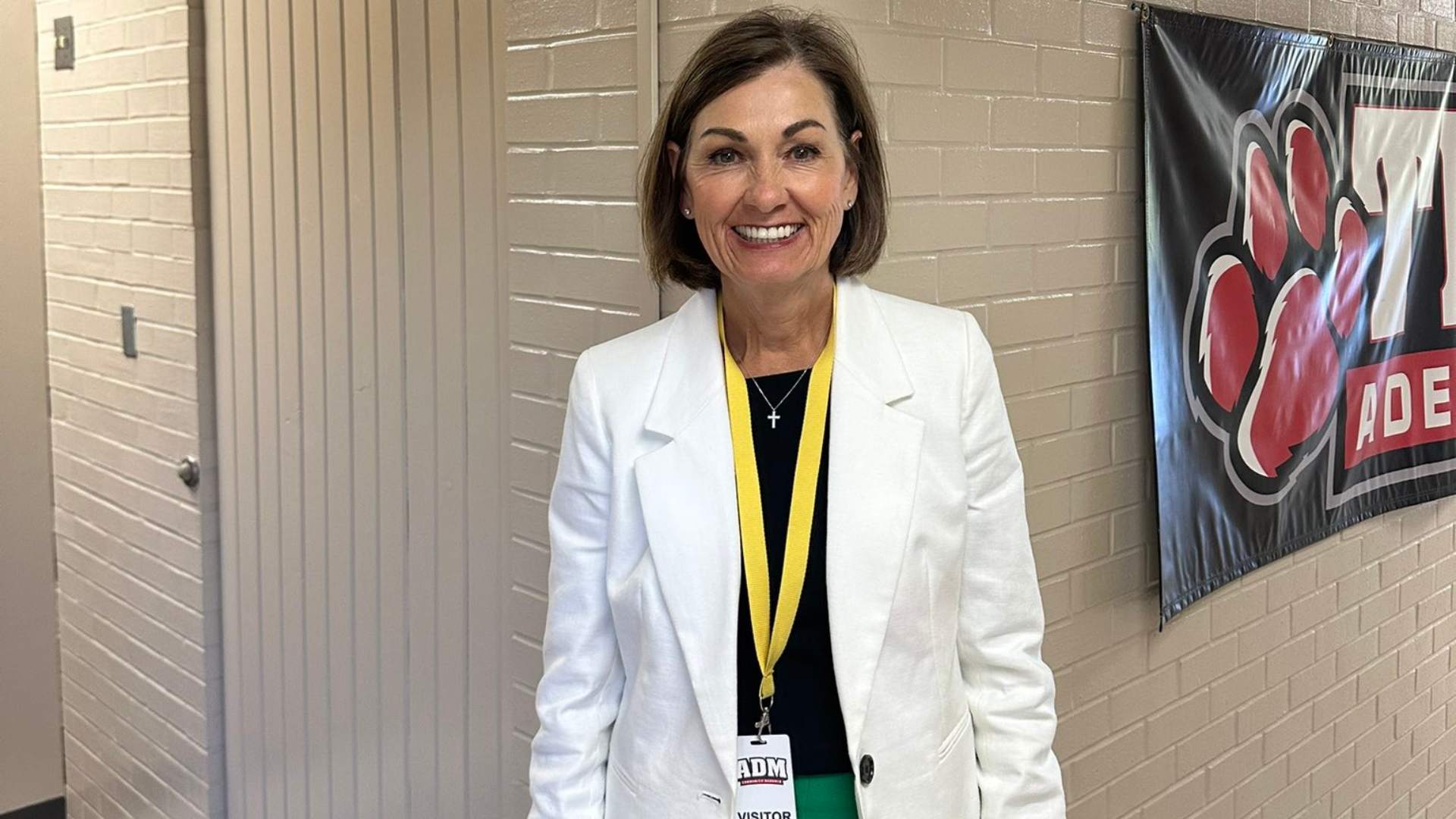
In May, Iowa Governor Kim Reynolds signed a funding bill for education into law that contained provisions banning DEI in public universities which some saw as the “most extreme” such bill in the country.
“If not vetoed or halted by the courts, the language in Senate File 2435 could bring about nothing less than the dismantling of academic freedom in Iowa universities,” said an opinion piece by Jeremy C. Young and Sam LaFrance in the Des Moines Register in May.
Beyond a Ban
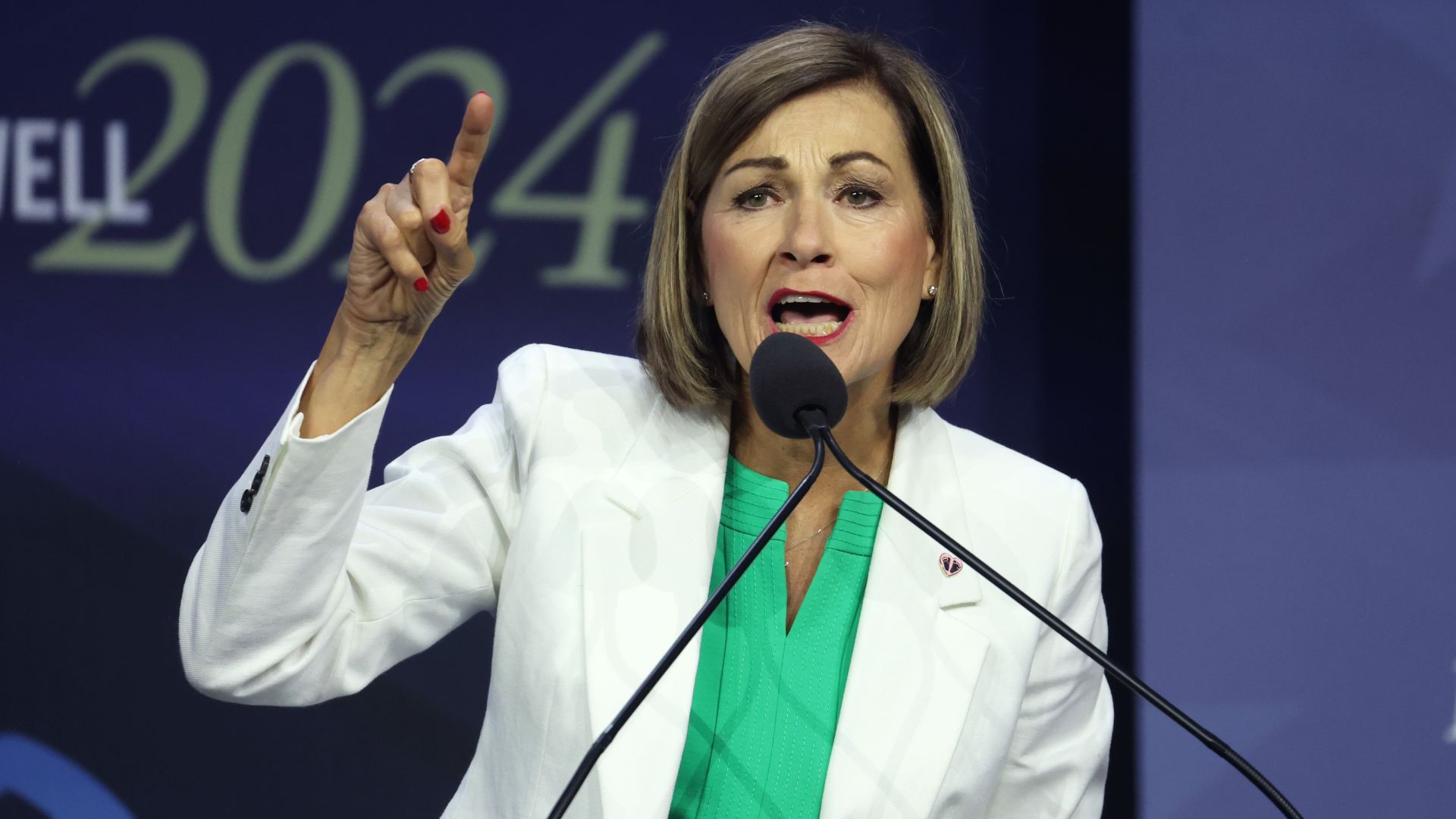
The new Iowa law went a step further than just banning official DEI offices, it also attempts to crack down on any activities related to DEI.
“We are committed to ensuring that our education system is focused on providing high-quality education for all students without the divisive influence of DEI programs,” said Governor Reynolds during the bill’s signing.
Critical of the Bans
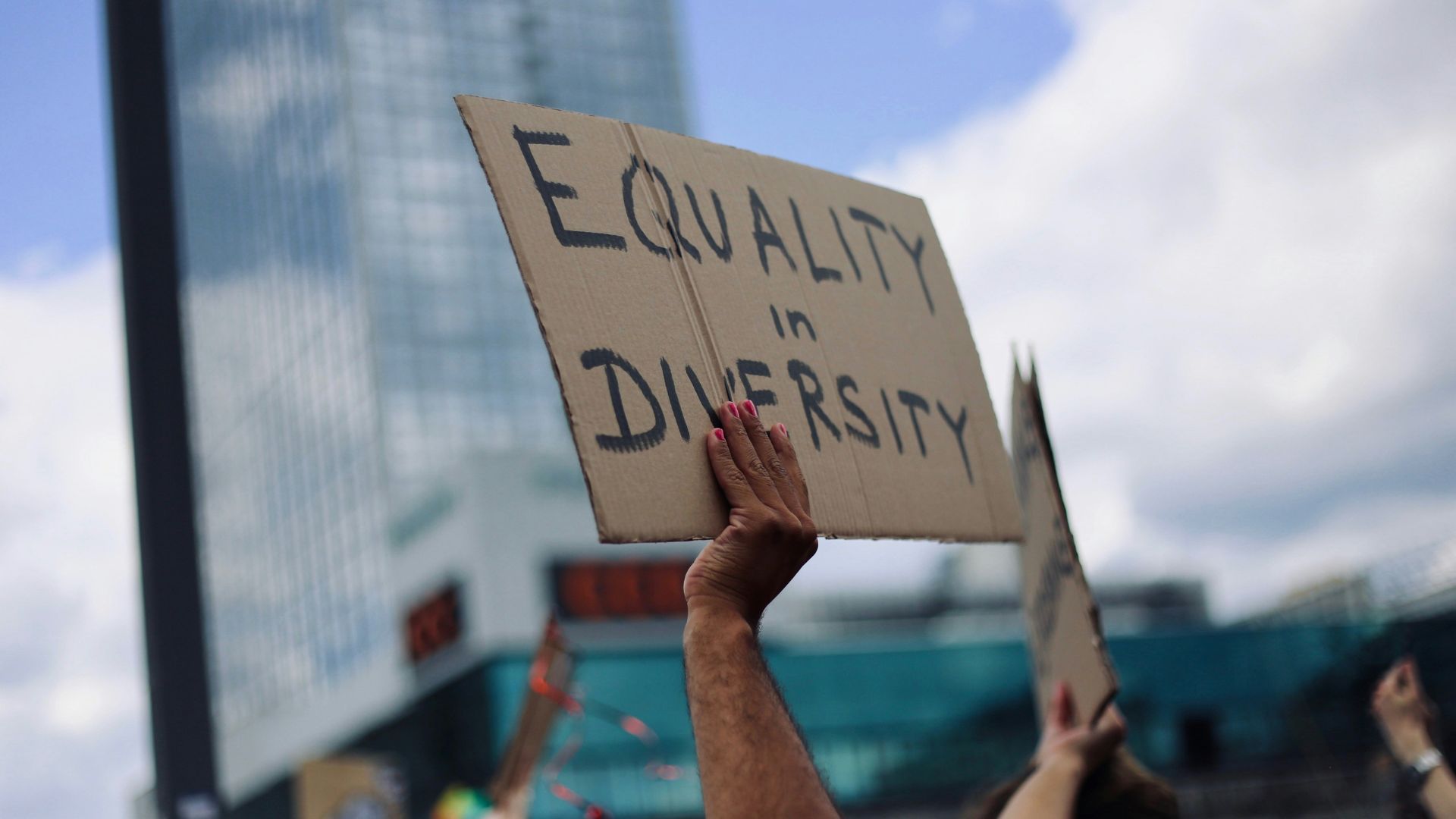
DEI supporters and critics of the recent wave of anti-DEI legislation feel like the restrictions are moving the conversation backward on equality and inclusion in society.
“That is basically a license to ban any idea. In a maximal interpretation of this law … the university could not safely express any idea without potentially violating the law,” said free speech advocate Jeremy Young who a program director at PEN America.
Scared Universities

Young talked about his worries that point to a silencing chilling effect on free speech as a result of this political push for DEI bans where universities will be forced to overcorrect.
“We have seen an avalanche of over-compliance from universities scared of being targeted by these anti-DEI bans,” said Young.
